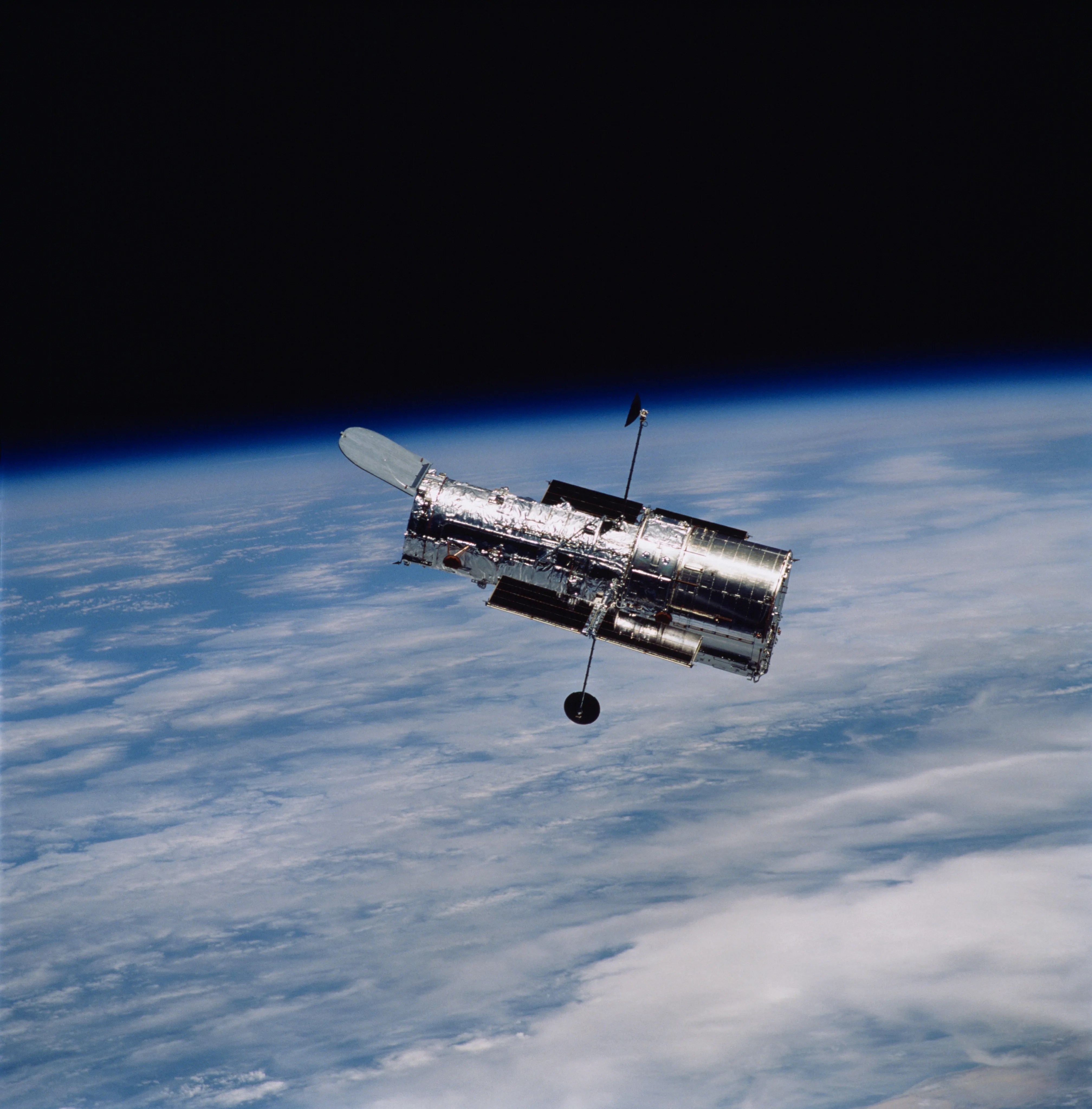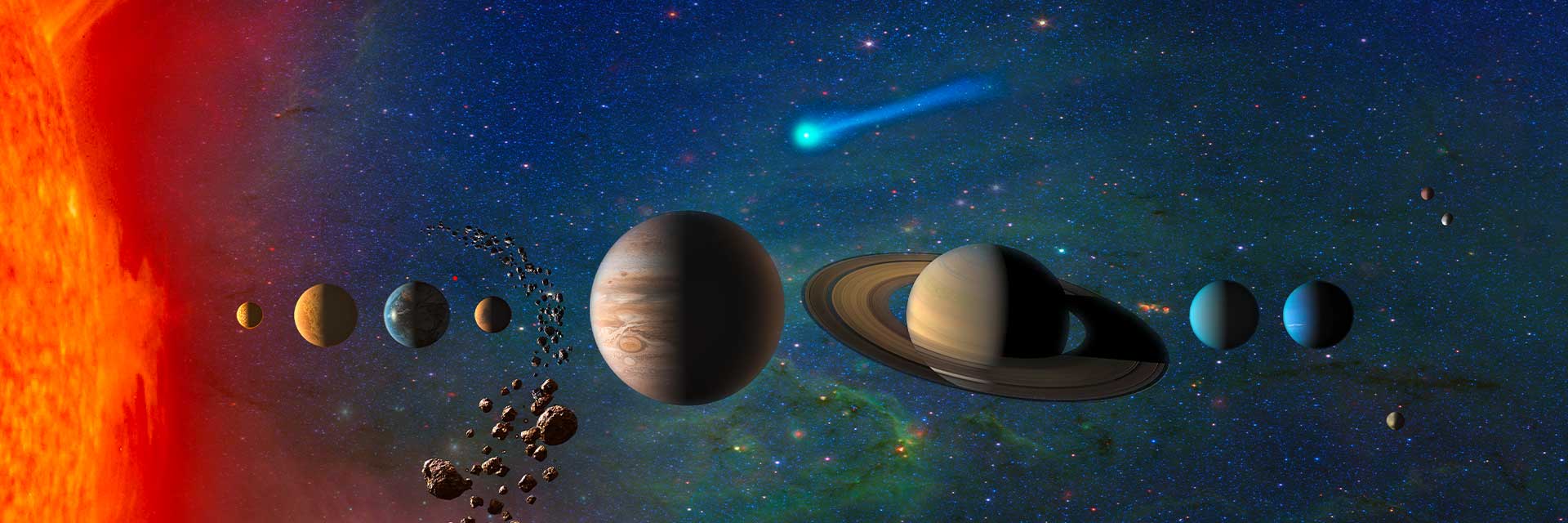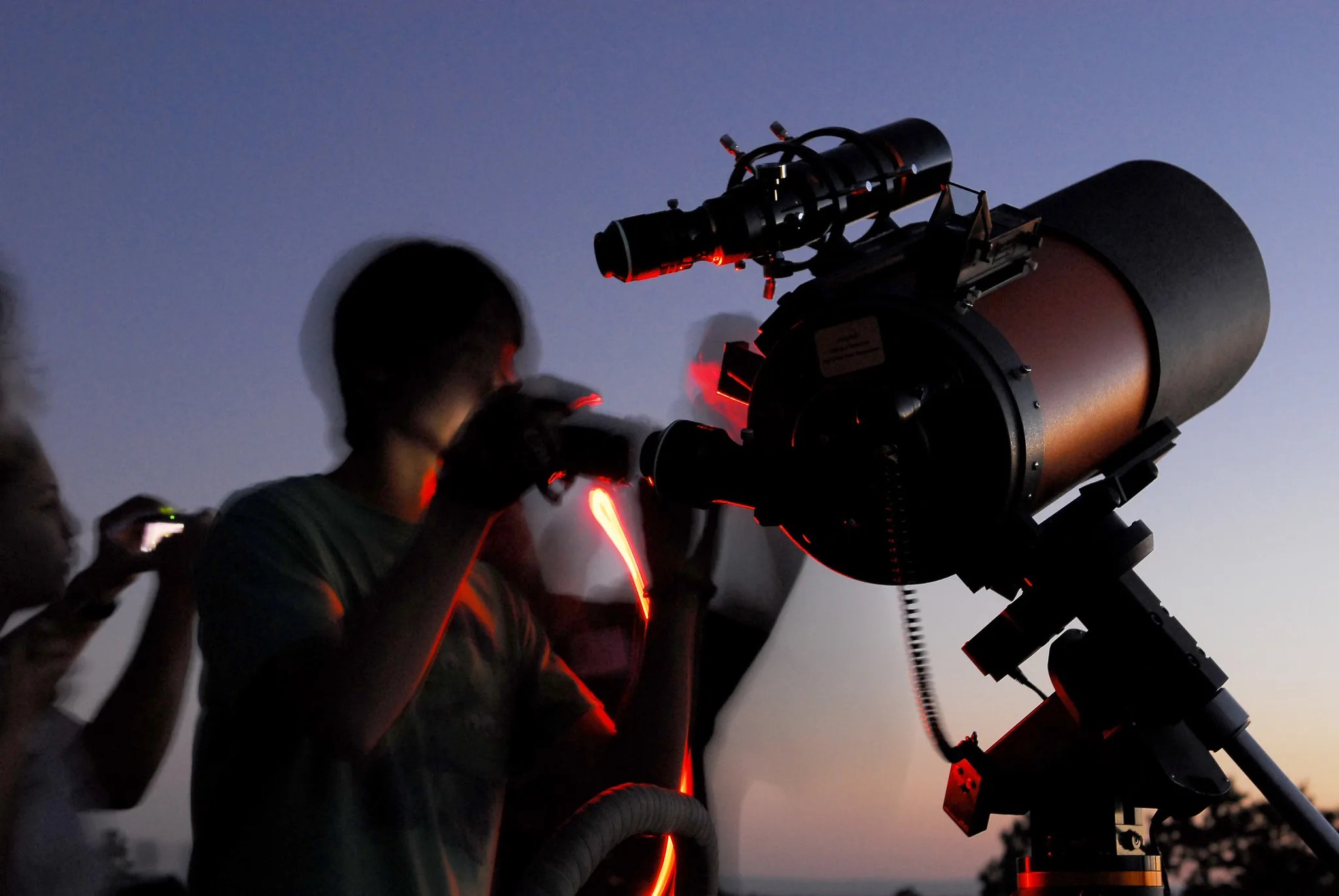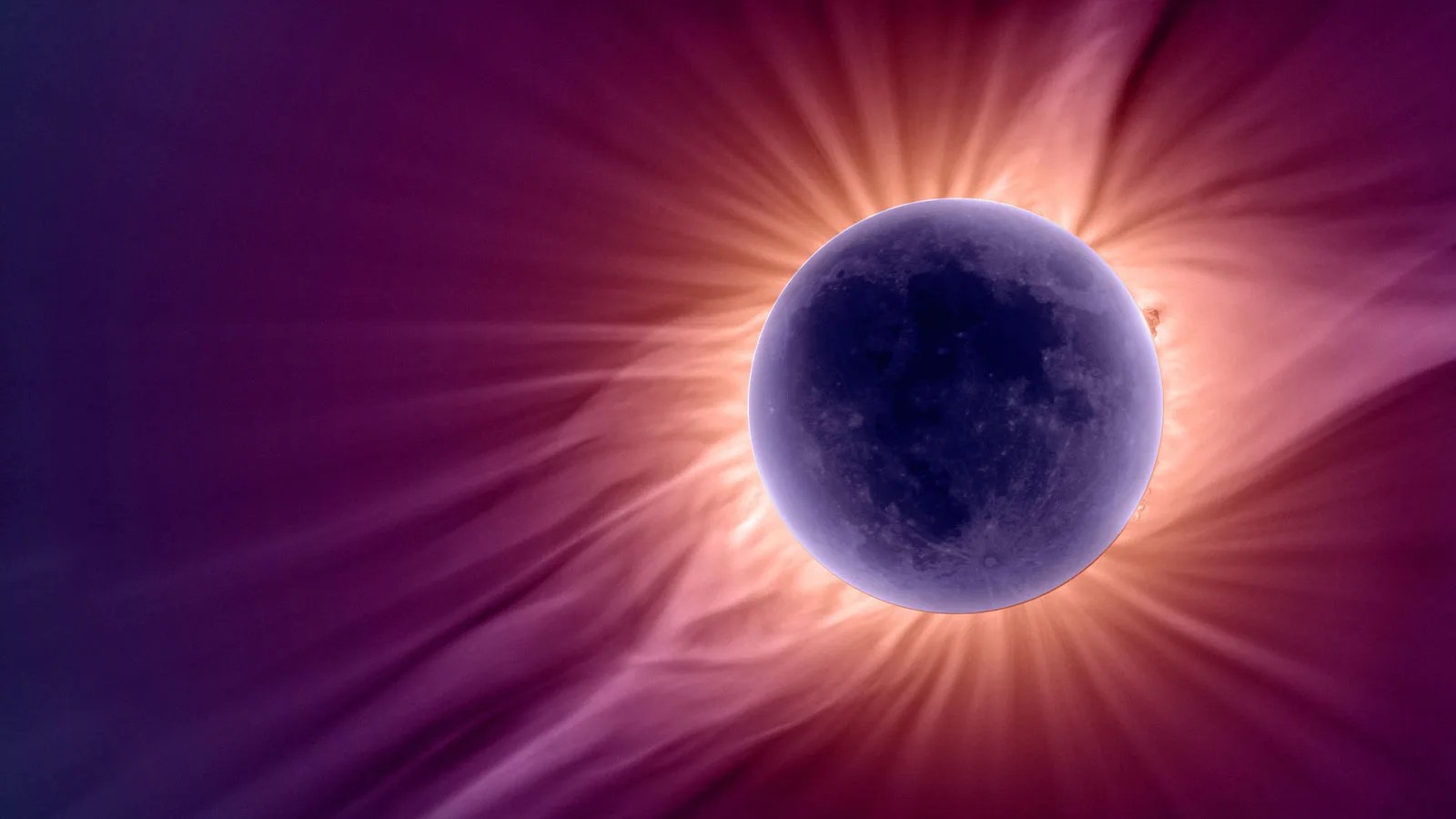
What Are Raw Images?
Raw images are photos from space missions that NASA provides online for easy public access in their original (usually monochrome) appearance, largely untouched by image processing software.
Raw images, in this context, are generally not the same as truly "raw" science data – meaning the original image data format returned to Earth by spacecraft. They're more like high-quality previews of data received from missions.
Raw images are available on these mission websites:

Why NASA Offers Raw Images
NASA space missions return lots of images to Earth – far more than featured images the agency posts on the web and in social media. For example, a long-lived mission like Cassini could return hundreds of thousands of images over its lifetime.
All the science data returned by NASA's space missions is permanently archived in the Planetary Data System, or PDS, as a public resource. (You can search for data in the PDS here.) This includes every bit of the original science-quality space image data from NASA missions. That means researchers present and future, as well as anyone else, anywhere in the world, can access the data themselves.
However, archival image data products don't show up in the PDS immediately. They go through a rigorous process called validation, in which they are carefully checked for quality and packaged in a standardized electronic format. This process usually takes six months to a year from the time images are sent to Earth.
In order to enable everyone to have access to these unprocessed space images soon after they arrive on Earth – sometimes within a couple hours – NASA makes what we call "raw" versions of these images available online.





